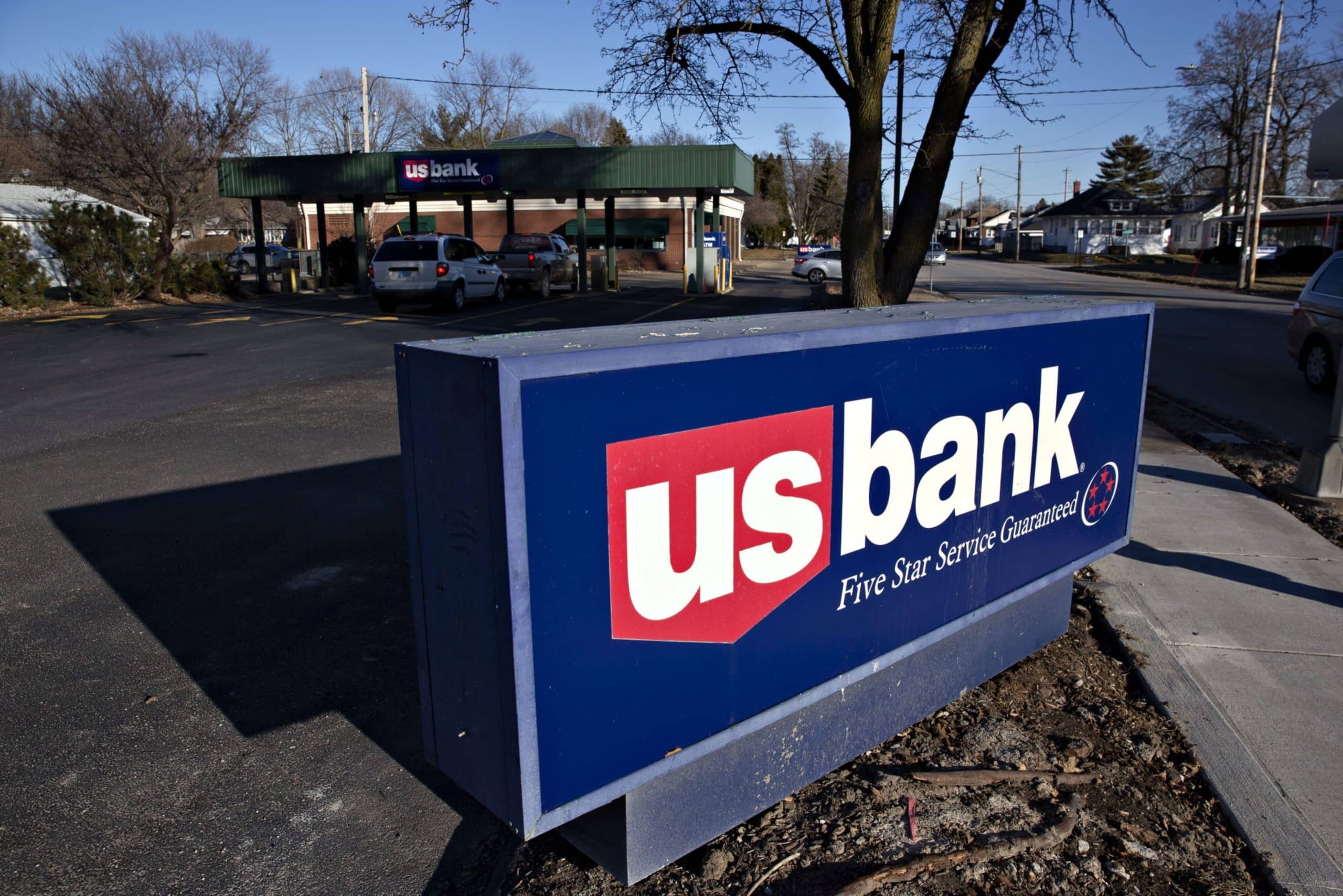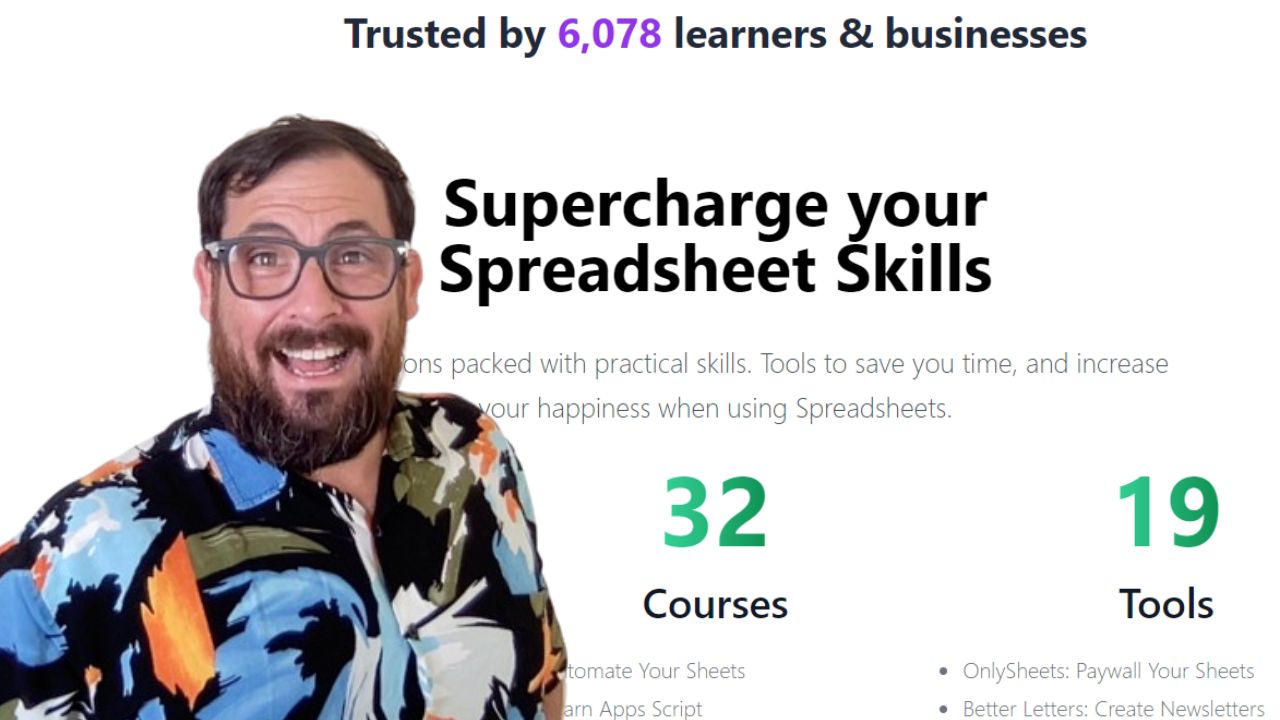[ad_1]
There are at the moment greater than 100 million Individuals with low or no credit score.

Mission Lane offers monetary merchandise for underbanked prospects
This 100 million-strong group contains folks resembling newly arrived immigrants who haven’t established sufficient of a monetary profile to open a line of credit score, school college students who haven’t had a bank card but and individuals who had good credit score however skilled a setback like chapter or well being points.
The underbanked, with poor credit score and low entry to credit-building providers, have been significantly arduous hit over the previous two years.
Whereas the pandemic has impacted all Individuals, inflationary pressures ensuing from snarled provide chains and the mismatch between provide and demand have particularly affected the underbanked inhabitants.
For customers who’re rebuilding their credit score, paying off debt or just making an attempt to handle their funds, inflation has grow to be a large roadblock to monetary stability.
And hovering costs have prompted many of those people to burn via financial savings extra shortly than anticipated.
To fight this, Mission Lane is a US fintech that gives monetary merchandise for underbanked prospects left behind by legacy establishments who need to enhance their monetary lives, primarily via constructing credit score.
“Many members of our workforce spent parts of their careers at legacy monetary establishments, so that they have witnessed first-hand the challenges that exist in serving this phase,” says Mission Lane CEO Shane Holdaway.
Headwinds and tailwinds
Pandemic however, Holdaway, who used to run companies for giant conventional monetary establishments, doesn’t imagine that almost all legacy monetary establishments got down to perpetuate monetary inclusivity points.
“However there are some fairly sturdy forces — inside and macroeconomic — that make them ignore underserved prospects,” he provides.
Firstly, legacy monetary establishments’ value buildings make it prohibitive to serve prospects with low balances and low borrowing capability.
“If you end up carrying the price of bodily branches and legacy expertise, the unit economics are tough to make go round,” Holdaway says.
Secondly, serving higher-risk prospects requires substantial technological functionality. Deep knowledge modelling and different threat administration capabilities are required to mitigate the chance and are sometimes out of the attain of smaller establishments.
Lastly, status. Some banks are apprehensive that prospects and regulators will look down on establishments that search to assist the low or no credit score buyer.
“In the long run, these forces mix to restrict entry to high quality monetary merchandise for credit-challenged customers,” Holdaway concludes.

Mission Lane CEO Shane Holdaway
However there are answers.
Holdaway thinks regulators might be extra inclusive and accomplice extra usually with fintechs to encourage them to innovate on behalf of underserved customers.
A ‘mild’ banking constitution, which the UK has efficiently carried out, “and has seen much more competitors on behalf of customers in consequence”, might be one choice.
And laws that creates incentives to get increasingly knowledge into the arms of accountable market gamers would encourage monetary inclusivity.
“We must be very cautious with buyer knowledge, however the extra customer-level knowledge accessible to fintechs, the higher they may have the ability to serve the underserved.”
Moderation in all issues
Extra buyer knowledge will probably be extraordinarily helpful sooner or later as cutting-edge applied sciences proceed to ebb into the mainstream.
“Within the coming years, I anticipate to see continued advances in machine studying and causal inference methods that make processes within the banking world extra correct, dependable, explainable and honest,” Holdaway predicts.
Dependable and plentiful knowledge is important to make sure many of those synthetic intelligence purposes and processes don’t merely repeat and propagate the biases and prejudices of the previous — and current.
And guaranteeing establishments and companies can look below the hood of those ‘black field’ applied sciences is “important”, Holdaway says, “as they permit us to supply extra transparency to prospects and regulators, on credit score approval or declines, for instance”.
Finally, these applied sciences will assist get rid of most of the biases in processes like credit score underwriting and make the general monetary panorama a extra inclusive place.
Know-how is actually impartial. Whereas a brand new piece of tech can deliver untold advantages to society, the identical tech will also be utilized in a method that harms others.
Whereas automation is a constructive pattern total, monetary providers corporations have to keep away from the lure of automation for automation’s sake, Holdaway says, and take into account the client expertise.
For instance, many Mission Lane prospects need to keep in command of their funds, and sometimes hold a more in-depth eye on their inflows and outflows than people with increased credit score scores.
“So, if a invoice is paid routinely or if an algorithm funnels cash into investments or financial savings for somebody residing paycheque to paycheque, the client might not have the wherewithal to deal with an sudden expense,” Holdaway says.
These prospects want a personalised expertise and to work with corporations that perceive their particular conditions.
The mud settles
There are bleeding-edge applied sciences on the horizon that, in the event that they fulfil their guarantees, look set to disrupt monetary providers much more than AI, large knowledge and open banking.
Holdaway says at the moment’s local weather and next-generation applied sciences resembling Web3, crypto and blockchain reminds him of the dot-com bubble within the late 90s and early 00s.
“Tons of capital fuelling tons of of concepts and experiments, most of which evaporated or consolidated, however ultimately, the world did change ceaselessly.
“Determining precisely which of all of the experiments will matter most ultimately is the primary query on this area,” he says.
But it surely’s necessary to not grow to be hypnotised by technological advances. Monetary providers should hold their eye on the human issue – what Holdaway calls the “private connection”.
“As expertise advances at breakneck speeds, particular person people can really feel more and more disconnected from one another, their communities and the establishments that must be serving to them lead fuller lives and with whom they’ve trusted their funds.”
Fintechs who discover methods to leverage expertise to decrease prices and stresses for customers whereas additionally creating a way of reference to them would be the greatest disruptors — and success tales — within the new post-Covid world.
[ad_2]
Source link














